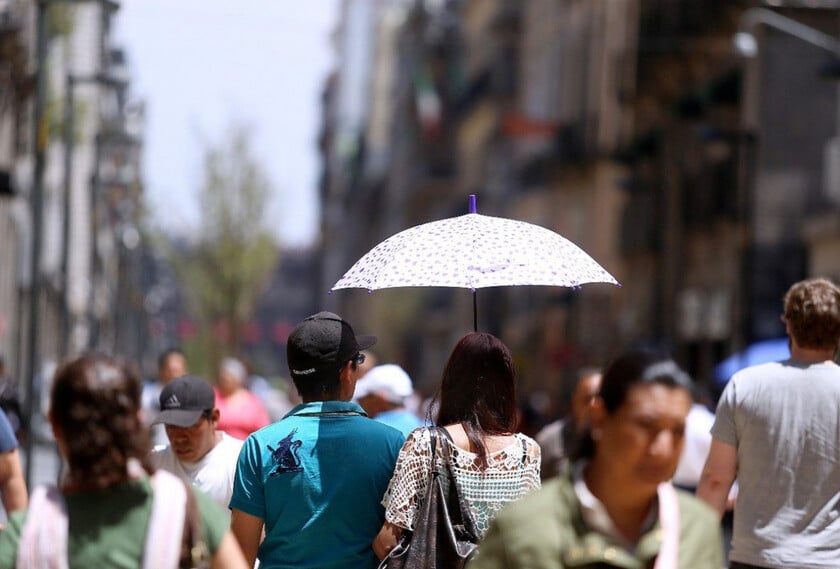"Temperatures are rising across Europe this week amid a prolonged and intense heatwave. And it's only just beginning," the European Space Agency (ESA) said in a statement.
The heatwave was one of the causes of death for more than 61,000 people during last year's scorching summer in Europe. Many parts of Spain, France, Greece, Croatia, and Italy are facing intense heat, with temperatures exceeding 40 degrees Celsius. Temperatures could reach record levels in Italy. According to the ESA, Sardinia and Sicily are expected to be close to Europe's record temperature of 48.8 degrees Celsius.

On July 14, the Italian Ministry of Health issued an "extreme" health risk warning for 15 cities, including Rome and Florence, as the heatwave was expected to continue. In Rome, several tourists collapsed last week due to heatstroke, including a British tourist who lost consciousness in front of the Colosseum on July 11.
Alessandro Miani, president of the Italian Society for Environmental Medicine (SIMA), told state television RAI that Italy “has a sad record of being the European country with the highest number of deaths due to heatwaves.”
In Greece, authorities say temperatures could reach 44 degrees Celsius.

The Greek Ministry of Culture announced it would close the Acropolis in Athens from midday local time until 5 p.m. on Friday due to the heatwave. Police and emergency services assisted a female tourist who was experiencing difficulties due to the heat at the Acropolis.
According to the Greek meteorological service, temperatures will peak at 42 degrees Celsius in Athens around midday. In Croatia, dozens of firefighters have been deployed as a large forest fire broke out near Grebastica, a small town near the coastal city of Sbenik. Temperatures are expected to remain around 40 degrees Celsius across the region this week.
Europe isn't the only place facing extreme temperatures. A dangerous heatwave lasting weeks across parts of the American West is set to worsen this weekend. More than 90 million people are on temperature alerts. The hottest place on Earth, California's Death Valley, could reach 54.4 degrees Celsius, forecasters at the National Weather Service told CNN.

The combination of human-induced climate change and the emergence of the natural climate phenomenon El Niño, which has a global warming effect, is pushing temperatures to record extreme levels. Last month was the hottest June on record globally, and last week the planet witnessed its hottest day ever recorded. As the climate crisis intensifies, scientists say record-breaking heatwaves will only become more frequent and severe.

 VI
VI EN
EN


































